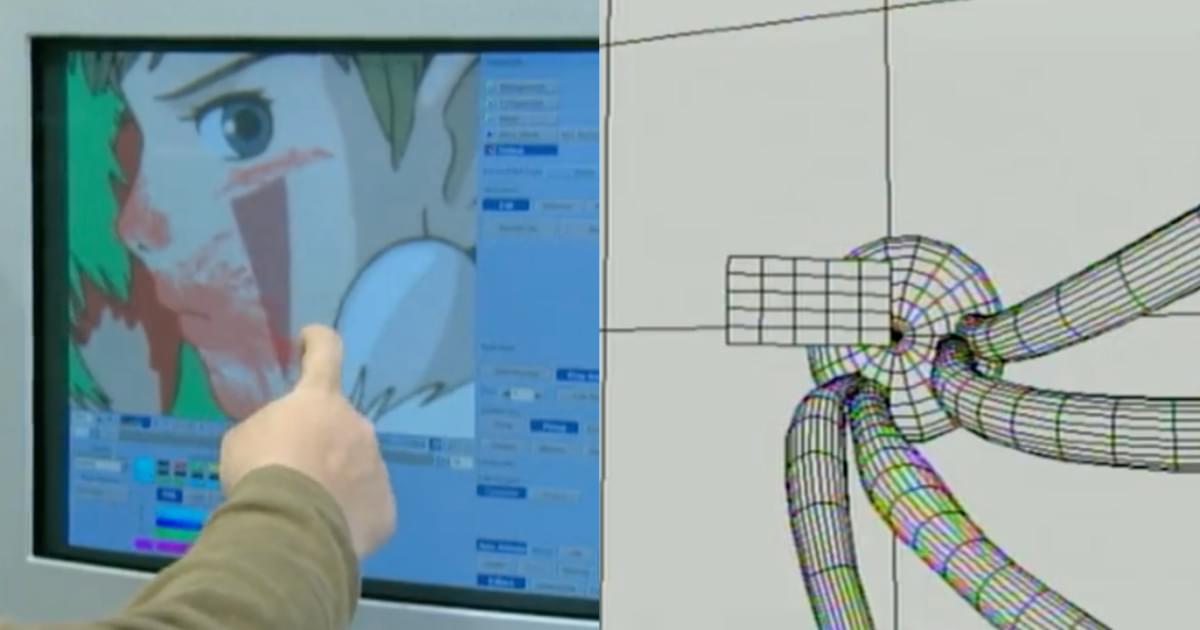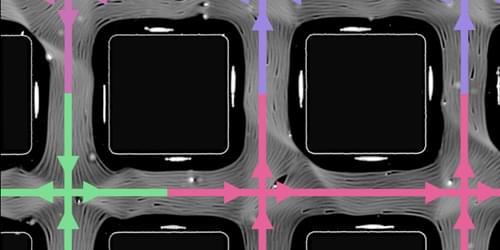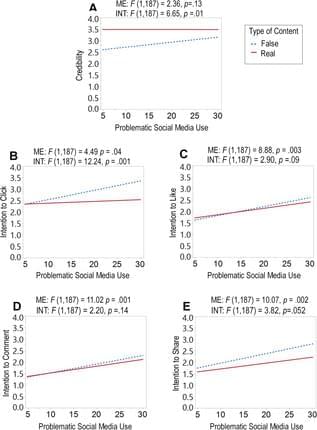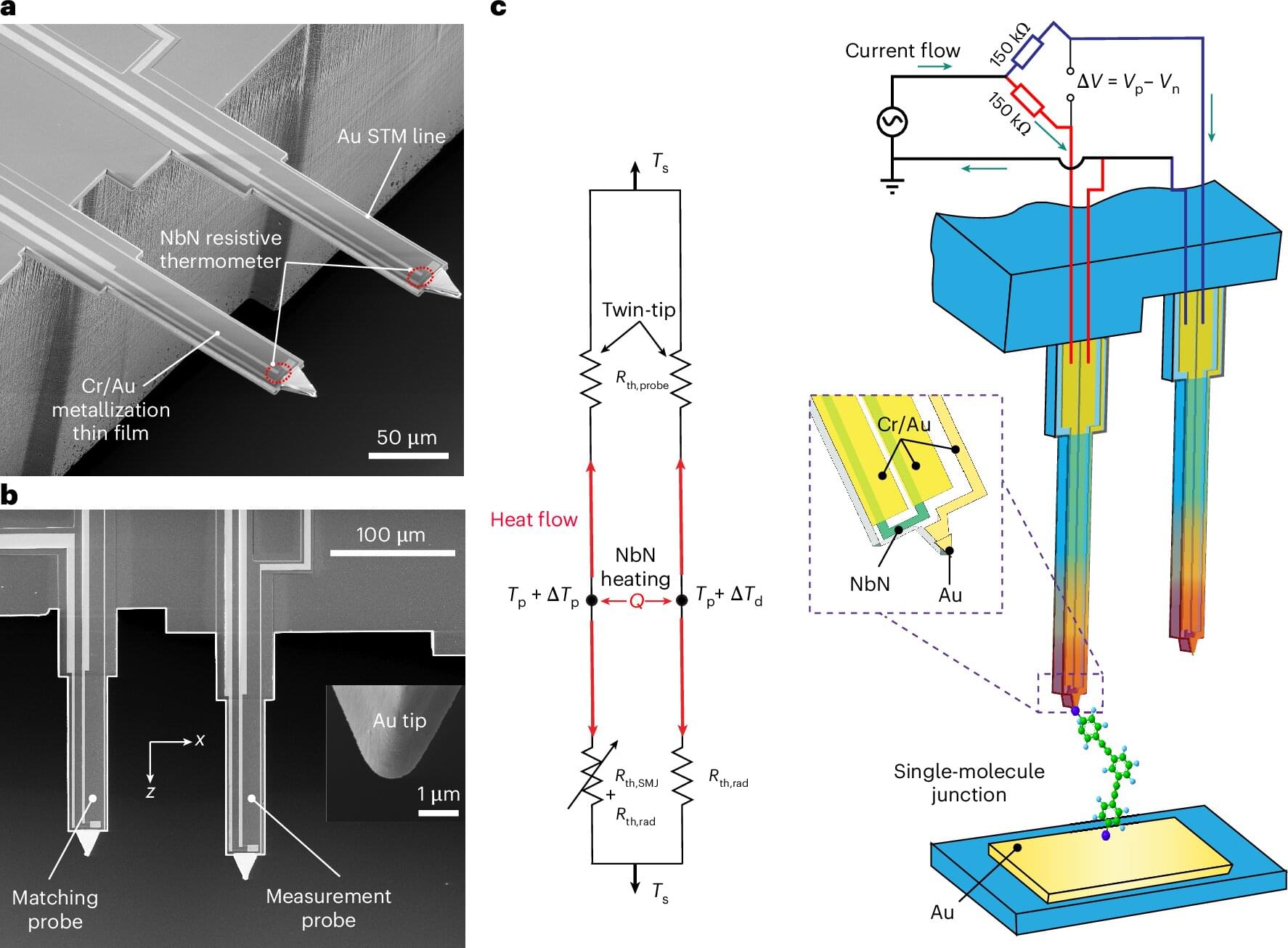It’s not all hand-crafted.



IN A NUTSHELL 🌞 Sunrun has created the largest virtual power plant in the U.S. by linking 75,000 home batteries. 🌿 The CalReady system provides 375 megawatts of backup power, energizing 280,000 homes, equivalent to all of Ventura County. 💡 This innovative approach helps reduce energy costs and carbon emissions by using 100% solar energy.

A recent study published in Nature Astronomy has revealed that the dwarf galaxies orbiting around Andromeda, our neighboring galaxy, are distributed in such an uneven way that it calls into question the most widely accepted cosmological theories. According to the researchers, this asymmetric arrangement is so extreme that it is almost impossible to explain with current models of the universe.
Andromeda, also known as M31, is the spiral galaxy closest to the Milky Way and, like our galaxy, is surrounded by a group of smaller dwarf galaxies that orbit around it. What has surprised scientists is that these dwarf galaxies are not evenly distributed.
Of the 37 observed dwarf galaxies, all but one are located on one side of Andromeda—specifically, the side facing the Milky Way. This uneven arrangement is as if, when throwing a handful of stones around a tree, almost all of them landed on just one side.

AI Solutions for Enterprise Business.
I’ve partnered with DBC Technologies to deliver cutting-edge AI solutions that transform businesses.
Click to learn more about:
- AI Automated Voice Agents.
- AI Enterprise Accelerator.
- AI Restaurant Toolkit.
And, the all new ShowSync, an AI-powered lead capture tool for trade shows. Just snap a photo, and ShowSync does the rest.
In tomorrow’s world, cities may rise into the clouds, dive beneath oceans, or float among the stars—join us as we journey through these radical urban frontiers.
Watch my exclusive video Antimatter Propulsion: Harnessing the Power of Annihilation — https://nebula.tv/videos/isaacarthur–…
Get Nebula using my link for 40% off an annual subscription: https://go.nebula.tv/isaacarthur.
Get a Lifetime Membership to Nebula for only $300: https://go.nebula.tv/lifetime?ref=isa…
Use the link gift.nebula.tv/isaacarthur to give a year of Nebula to a friend for just $30.
Visit our Website: http://www.isaacarthur.net.
Join Nebula: https://go.nebula.tv/isaacarthur.
Support us on Patreon: / isaacarthur.
Support us on Subscribestar: https://www.subscribestar.com/isaac-a…
Facebook Group: / 1583992725237264
Reddit: / isaacarthur.
Twitter: / isaac_a_arthur on Twitter and RT our future content.
SFIA Discord Server: / discord.
Credits:
Cities of the Future.
Episode 498; May 8, 2025
Written, Produced & Narrated by: Isaac Arthur.
Edited by: Briana Brownell & Thomas Owens.
Graphics: Bryan Versteeg, Ervin Oprea, Ken York YD Visual, Sergio Botero.
Select imagery/video supplied by Getty Images.
Music Courtesy of Epidemic Sound http://epidemicsound.com/creator.
Chris Zabriskie, \

Researchers demonstrate an active-fluid system whose behaviors map directly to predictions of the six-vertex model—an exactly solvable model that was originally developed to explain the behavior of ice.
Active fluids—collections of self-propelled agents such as bacteria, cells, or colloids—consume energy to move, flowing without being pushed [1]. These materials break the conventional rules of fluid dynamics, as they can flow spontaneously, switch direction without apparent cause, and organize into complex patterns with no external control. Active fluids were initially studied to understand the collective dynamics observed in biological systems. Now they offer a rich playground for exploring nonequilibrium physics. Yet, in the ever-expanding universe of active-fluid physics, it is rare to find an experimental system that maps precisely onto a mathematically exact model.

Among the most enduring designs for a fusion reactor is the tokamak, which uses a doughnut-shaped magnetic field to trap burning plasma. But some of the plasma still interacts with the reactor wall, which can cause severe damage. Now, on one of the key European tokamak experiments, Kenneth Lee of the Swiss Federal Institute of Technology in Lausanne (EPFL) and his collaborators have demonstrated a new and potentially efficient way to shed excess heat [1].
The experiment was conducted at the Variable Configuration Tokamak (TCV) on the EPFL campus. Like other modern tokamaks, TCV hosts a so-called X-point: The cross-section of the doughnut’s outer magnetic field features a point at the bottom where the field lines cross, creating an opening for reaction by-products to drain away through a narrow magnetic funnel called a divertor. In 2015, researchers at a tokamak in Germany discovered that plasma at the X-point radiates strongly, thereby removing potentially troublesome thermal energy.
The EPFL team realized they could boost the useful, heat-removing radiation by reconfiguring the confinement field to include a second X-point along the divertor funnel. Experiments at the TCV vindicated this concept, which they call the X-point target radiator (XPTR). What’s more, conditions for filling the XPTR with plasma turned out to be easy to achieve and control. Lee points out that the XPTR concept could be implemented at SPARC, a next-generation tokamak reactor being developed by Commonwealth Fusion Systems, Massachusetts, in collaboration with MIT.

Social media use is ubiquitous in our modern society, and some individuals display excessive, maladaptive use of these online platforms. This problematic social media use (PSMU) has been associated with greater impulsivity and risk-taking. Importantly, studies in healthy individuals have demonstrated that greater cognitive impulsivity is associated with a greater susceptibility to online “fake news.” Therefore, we hypothesized that PSMU would be associated with believing in and engaging with fake news. To address this, we conducted an online, within-subject experiment in which participants (N=189; female=102, male=86, prefer not to disclose=1; mean age=19.8 years) completed a fake news task. This task presented participants with 20 news stories (10 real and 10 false, in random order) formatted as social media posts. We assessed participants’ credibility judgments of these news posts, as well as participants’ intentions to click, like, comment, and share these posts. We also assessed participants’ degree of PSMU and then related this measure to their performance in our task. We conducted a repeated measures analysis of variance (ANOVA) with a mixed model approach, and it revealed that the greater one’s PSMU, the more one finds specifically false news credible. We also found that the greater one’s PSMU, the greater one’s engagement with news posts, agnostic to the type of content (real or false). Finally, we found that the greater one’s PSMU, the greater one’s intent to click on specifically false news. Our research demonstrates that individuals who experience the most distress and impairment in daily functioning from social media use are also the most susceptible to false information posted on social media. We discuss the clinical implications of our findings.
Citation: Meshi D, Molina MD (2025) Problematic social media use is associated with believing in and engaging with fake news. PLoS ONE 20: e0321361. https://doi.org/10.1371/journal.pone.
Editor: Stefano Cresci„ National Research Council (CNR), ITALY

Imagine you are playing the guitar—each pluck of a string creates a sound wave that vibrates and interacts with other waves. Now shrink that idea down to a small single molecule, and instead of sound waves, picture vibrations that carry heat.
A team of engineers and materials scientists at the Paul M. Rady Department of Mechanical Engineering at CU Boulder has recently discovered that these tiny thermal vibrations, otherwise known as phonons, can interfere with each other just like musical notes—either amplifying or canceling each other, depending on how a molecule is “strung” together.
The research is published in the journal Nature Materials.

The use of light signals to connect electronic components is a key element of today’s data communication technologies, because of the speed and efficiency that only optical devices can guarantee. Photonic integrated circuits, which use photons instead of electrons to encode and transmit information, are found in many computing technologies. Most are currently based on silicon—a good solution because it is already used for electronic circuits, but with a limited bandwidth.
An excellent alternative is tetragonal barium titanate (BTO), a ferroelectric perovskite that can be grown on top of silicon and has much better optoelectronic properties. But since this material is quite new in the field of applied optoelectronics, a better comprehension of its quantum properties is needed in order to further optimize it.
A new study by MARVEL scientists published in Physical Review B presents a new computational framework to simulate the optoelectronic behavior of this material, and potentially of other promising ones.